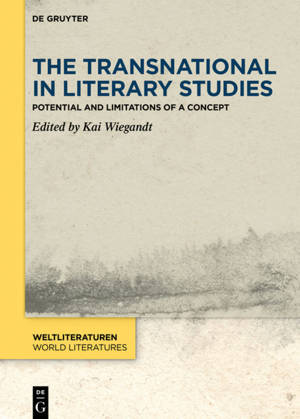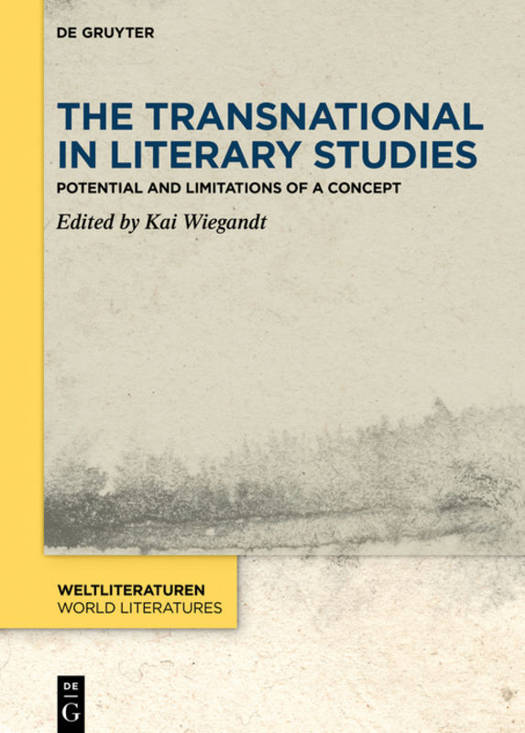
- Afhalen na 1 uur in een winkel met voorraad
- Gratis thuislevering in België vanaf € 30
- Ruim aanbod met 7 miljoen producten
- Afhalen na 1 uur in een winkel met voorraad
- Gratis thuislevering in België vanaf € 30
- Ruim aanbod met 7 miljoen producten
Zoeken
The Transnational in Literary Studies
Potential and Limitations of a Concept
€ 116,45
+ 232 punten
Omschrijving
This volume clarifies the meanings and applications of the concept of the transnational and identifies areas in which the concept can be particularly useful. The division of the volume into three parts reflects areas which seem particularly amenable to analysis through a transnational lens. The chapters in Part 1 present case studies in which the concept replaces or complements traditionally dominant concepts in literary studies. These chapters demonstrate, for example, why some dramatic texts and performances can better be described as transnational than as postcolonial, and how the transnational underlies and complements concepts such as world literature. Part 2 assesses the advantages and limitations of writing literary history with a transnational focus. These chapters illustrate how such a perspective loosens the epistemic stranglehold of national historiographies, but they also argue that the transnational and national agendas of literary historiography are frequently entangled. The chapters in Part 3 identify transnational genres such as the transnational historical novel, transnational migrant fiction and translinguistic theatre, and analyse the specific poetics and politics of these genres.
Specificaties
Betrokkenen
- Uitgeverij:
Inhoud
- Aantal bladzijden:
- 273
- Taal:
- Engels
- Reeks:
- Reeksnummer:
- nr. 17
Eigenschappen
- Productcode (EAN):
- 9783110688566
- Verschijningsdatum:
- 6/07/2020
- Uitvoering:
- Hardcover
- Formaat:
- Genaaid
- Afmetingen:
- 170 mm x 244 mm
- Gewicht:
- 635 g

Alleen bij Standaard Boekhandel
+ 232 punten op je klantenkaart van Standaard Boekhandel
Beoordelingen
We publiceren alleen reviews die voldoen aan de voorwaarden voor reviews. Bekijk onze voorwaarden voor reviews.










